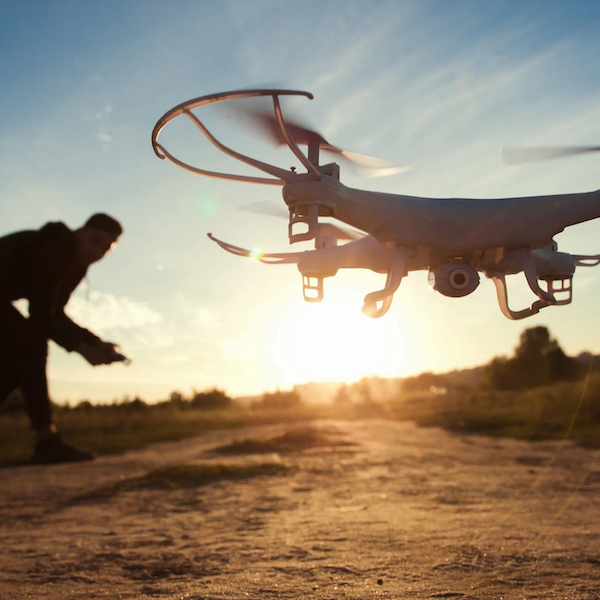Often the U.S. military is called upon to conduct intelligence, surveillance and reconnaissance (ISR) operations in complex urban environments that pose special challenges when it comes to identifying threatening actors, who can easily blend with the surrounding populace. Any attempt to compensate for this problem by increasing the intensity of ISR activities risks backfiring, further alienating a population whose cooperation is needed for mission success. The emergence of autonomous and semi-autonomous unmanned ISR platforms presents a unique opportunity to address these challenges. Such platforms have the potential to interact with the local population in a manner that is non-escalatory and adaptive, and that simultaneously increases the detectability of threatening versus non-threatening activity.
Recently Kairos Research was awarded a contract by the Defense Advanced Research Projects Agency (DARPA) to help turn this potential into a reality. The Kairos team, together with their teammates at Lockheed Martin Advanced Technology Laboratories, will develop flexible behaviors which unmanned ISR systems (ground robots and aerial drones) can implement to better distinguish friend from foe in dense urban settings. Their project, called Behavioral Elicitations for Adaptive Reconnaissance (BEAR), is part of DARPA’s Non-Escalatory Engagement to reduce Dimensionality (NEED) program. The Kairos team’s engagements will be tested along with those of other NEED research teams via a series of live field exercises.
The BEAR project is led by Dr. Noëlie Creaghe, a Kairos Research Scientist and expert on the psychology of human interaction. According to Dr. Creaghe, “BEAR engagements aim to decrease the risk of unnecessary harm caused by misclassification of threats while providing positive interaction with the general public, which in turn makes the job of U.S. forces easier.”

